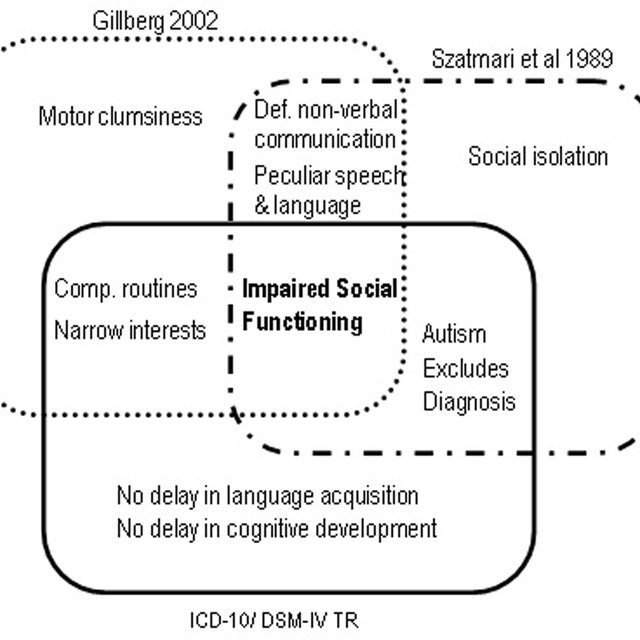
The most common Aspergers symptoms include not speaking, eye contact, not following directions, and having repetitive movements. If your child has a problem with socialization, he or she might not be interested in talking or interacting with others. This is because these children have problems with self-confidence and feel the need to be in control of their surroundings.
Other Aspergers symptoms include being irritable and fidgety
They can become easily bored and even start to have anxiety attacks when left alone. A child may have an intense dislike of their environment, such as a fear of being left alone, or a fear of going places they don't like. They can also become easily irritated if things do not go their way.
Children who suffer from Aspergers symptoms can seem to act out when left alone. If they are left alone for any length of time, they might cry for no apparent reason. Other children might throw things or hurt themselves. Children with Aspergers symptoms often will not respond to praise or other forms of encouragement from adults. They may become frustrated with what they see as a lack of response.
Children with Aspergers symptoms can become extremely self-conscious. It can become difficult for them to interact with peers because they believe that others don't care about them.
A child with Aspergers symptoms might seem to be boring or have a hard time making friends. He or she might seem to talk more than others, or not pay attention to what is being said. They might not follow directions correctly. Some children with Aspergers symptoms might be obsessed with a certain hobby or activity. These children might enjoy playing with animals, or playing computer games.
Although children with Asperger's symptoms may have great problems communicating with others, they may have great difficulty with the emotions of other children. Children with Asperger Syndrome can sometimes become very attached to objects. The problem is that these objects are difficult to explain why they are so special. Some children with Asperger's symptoms may even seem very sensitive.

Because Asperger's symptoms are difficult to diagnose, it is not uncommon for a child to undergo a series of tests to make sure everything is in order
Even so, the diagnosis cannot be definitive. Sometimes, children with Asperger's symptoms may not have Asperger's disease at all, but a number of other conditions. Find out a lot of useful information about this disease at sarjana.co.id.
While Asperger's symptoms are difficult to diagnose, it is never too late to make a diagnosis. It is important for you, your family and your child to work together to help your child through this difficult time. Your child's symptoms should not stop him or her from being part of a loving and safe family. It is not impossible to know what your child's Asperger symptoms look like.
Children with Asperger's may seem to act out the need for stimulation. They may be bored with the routine they grew up in. These children may also have problems with social interaction. They may find it difficult to respond normally to adult cues. They may also seem unable to understand what is appropriate and what is inappropriate.
Aspergers symptoms might be seen as being negative rather than positive. They might be characterized by problems with being understood, with expressing themselves, and with fitting in. socially. They might have trouble with relationships at school and with making friends. Because Aspergers is associated with a low intelligence, they might not be able to learn about appropriate interaction skills.
Children with Aspergers symptoms might exhibit some behavior that is difficult for parents to understand. For example, children with Aspergers might have trouble expressing anger, sadness, depression, or fear. They might also have an increased likelihood of aggressive behavior. They might find it difficult to control their temper.
If you think that your child may have Aspergers symptoms, do not hesitate to contact your doctor for a proper diagnosis. Children with Aspergers symptoms can lead to many life changes. You may need to work with a child psychologist, speech pathologist, or pediatrician to get the diagnosis that you need.
Leave a Reply